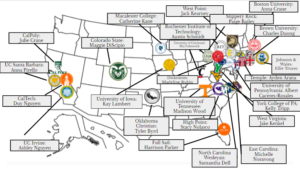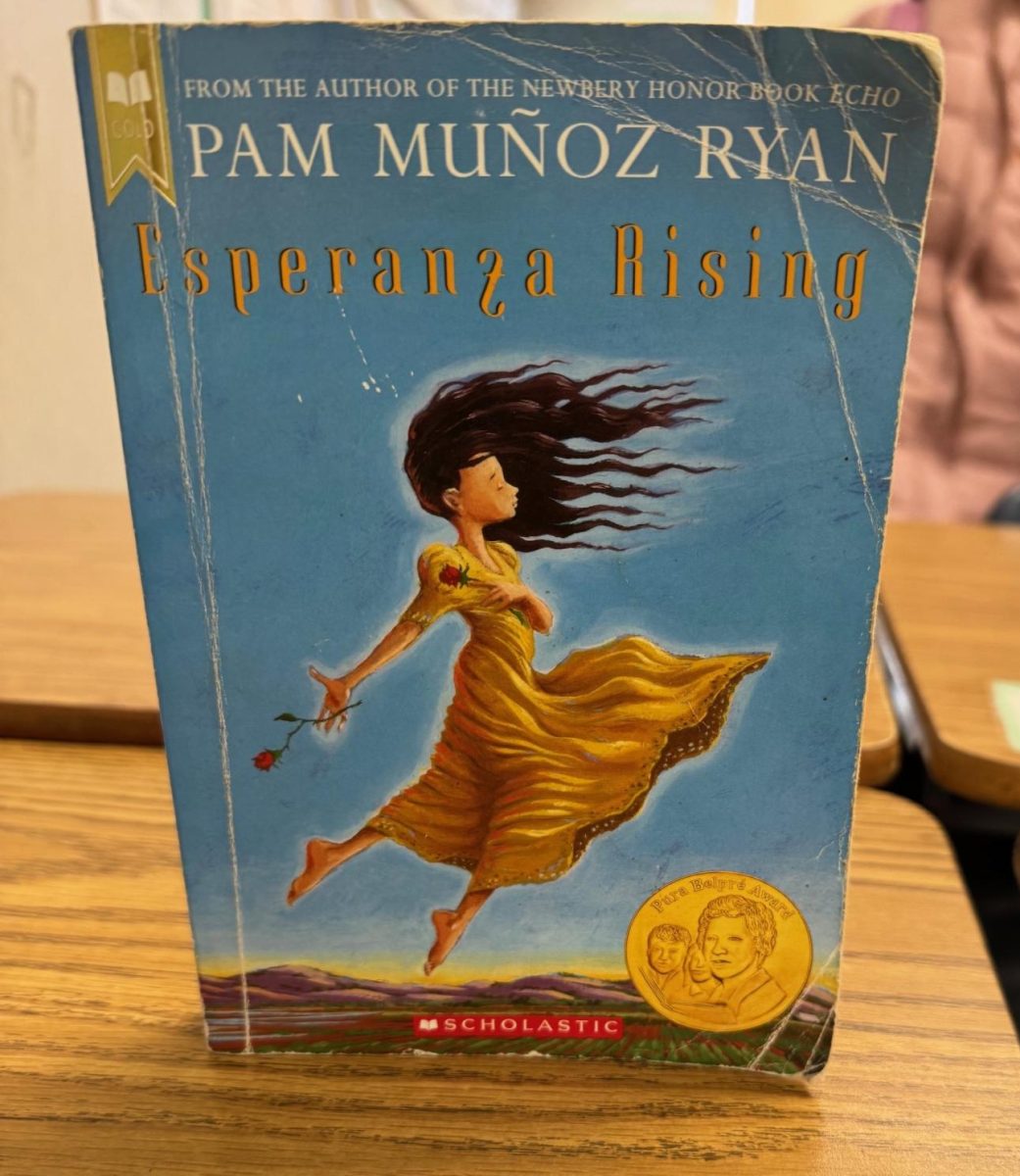What is Kwanzaa?
December 17, 2014
Kwanzaa is a celebration, which takes place from December 26- January 1, to reaffirm the cultural values of the African Community. This celebration started as a way to bring the community of Africa to the African Americans in the United States. Dr. Maulana Karenga created Kwanzaa in the 1960s to give the African community in America another holiday that would strengthen their values of community. The word Kwanzaa comes “Matunda ya Kwanza,” which is an expression that is related to African values and cultural beliefs.
The Seven Principles of Kwanzaa are called the Nguzo Saba. The Nguza Saba are Unity, Self-determination, Collective Work and Responsibility, Cooperative Economics, Purpose, Creativity, and Faith. These principles are the main theme of this celebration, and are meant to be embodied by all of the people celebrating the week-long celebration of Kwanzaa. The Seven Principles were created by Dr. Karenga so that the African American community could strengthen their bond with each other and grow as a community. While Kwanzaa was created within the United States, it was not meant to stay within the United States. The creator wanted the celebration to spread to the entire community of African descendants all over the world.
While many people assume that Kwanzaa is religious ceremony that is based on practices from African religions, it is not religious. Kwanzaa was created to simply connect all people of African descent together. There is a large emphasis, in Kwanzaa, put on cultural values, and almost no emphasis on any religious values. Kwanzaa is not an alternative or addition to another religious holiday, but just a way to expand the connectedness of the African community. Some of the people who celebrate Kwanzaa use it as an alternative to religious holidays, but many use it as way to grow closer to their heritage and community.




